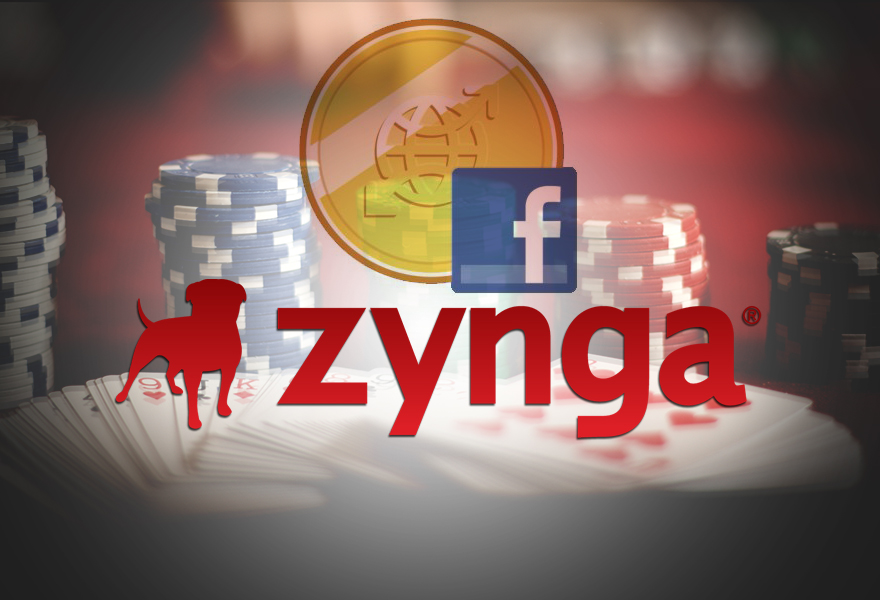
Facebook changed its rules in relation to the gambling industry earlier this month with advertising regulations relaxed. It far from completely clears up the social gaming industry and there is a still a cloud over one other key component of any social gaming growth – virtual currency. The significance of virtual currency in relation to online gaming was plain to see this year as a UK resident was jailed for stealing 400bn Zynga poker chips aka it had hit the mainstream.
The virtual goods market is nothing new. Games such as Second Life have been trading in virtual currency and goods for some time. The United States alone sees a market that was worth approximately $1.6billion last year. Back to the court case and it just goes to show the uncertainty that currently surrounds virtual currency or zCoins as they are known in Zynga’s case. A Guardian article looked at the online poker industry and how cases like this are stumping lawyers. The article quoted Graham Hann as saying that Mitchell’s Prosecution “is a great example of how lawyers are trying to figure out how real laws apply in the virtual world”.
Hann went on the stress that many questions remain.
“Are virtual online chips actually property that can be stolen? What right does a user have if his chips are taken from him? Can the people who bought the ‘hot’ chips be guilty of handling stolen property? Can flooding the market with illicit chips devalue the Zynga currency, like the Bank of England printing money?”
Zynga currently has a deal in place with Facebook credits and the aforementioned zCoins to serve customers that play their games. Perhaps most interesting is to look at how Zynga Poker might transition into a real money online poker offering in the US. Regulation of online poker in the US will have quite an impact on how Zynga operates in relation to virtual currency. The social gaming network, Zynga, would appear to have a good system in place for when online poker gets the green light in the USA. It’s mainly a question of whether their users would favor moving from a free play model to actually playing with cash – something that no one can at the moment predict. It’s also unlikely that an intrastate model would enable Zynga to compete with any of the larger companies that will likely operate in any market that opens. Zynga’s customer base is worldwide meaning that without federal regulation it would likely not have enough weight behind it to succeed.
Virtual currency is unlikely to replace real money any time soon but it does beg the question as to whether it’s all just virtual money anyway. Why can’t they just make us a machine that accepts dollar bills for your PC? That I would buy!